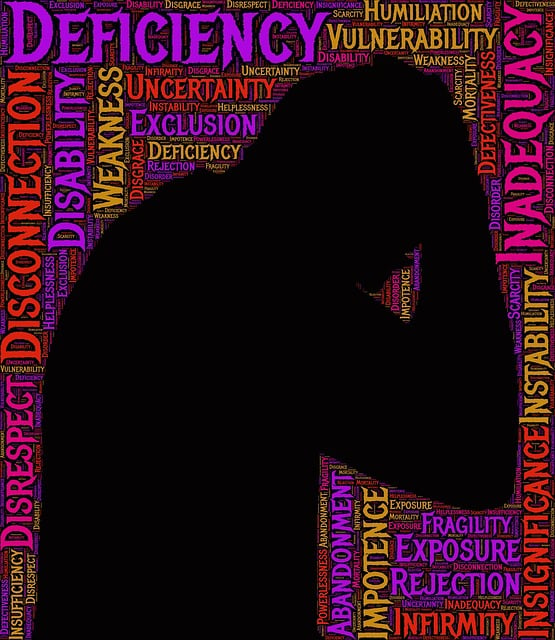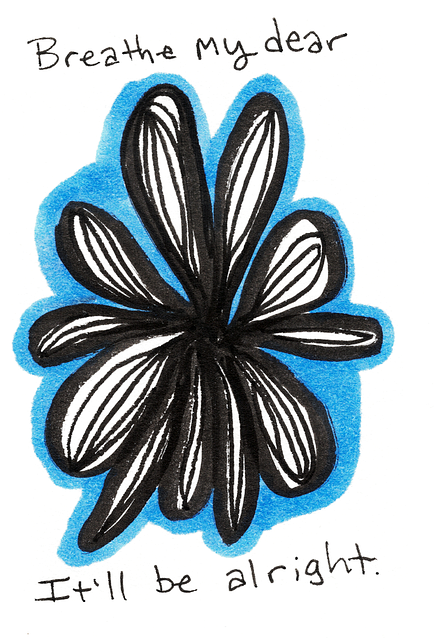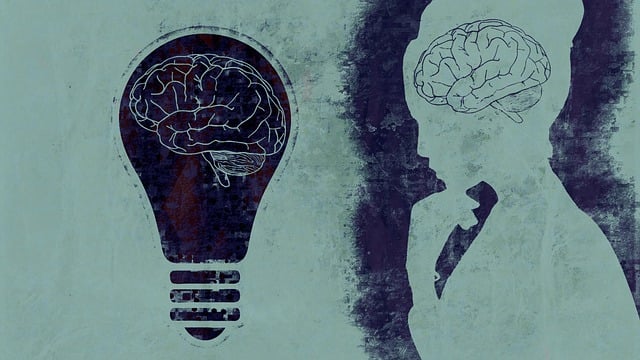Highlands Ranch Chronic Illness Therapy employs a comprehensive harm minimization planning strategy centered on patient safety and well-being. By identifying and mitigating risks, therapists integrate community insights for personalized interventions addressing physical and psychological needs. Innovative initiatives like the Mental Wellness Podcast Series Production expand access to strategies empowering patients to manage their health journeys effectively. Regular reviews ensure adaptability, enhancing outcomes and fostering a sustainable care ecosystem.
In the realm of healthcare, especially within Highlands Ranch Chronic Illness Therapy, risk assessment and harm minimization planning are paramount. This comprehensive guide explores the intricate process of identifying and mitigating risks, ensuring patient safety and enhancing care quality. We delve into the fundamental aspects of risk assessment, uncover key components of effective harm minimization strategies, and provide insights on implementing safe and efficient care delivery practices tailored to Highlands Ranch’s unique needs.
- Understanding Risk Assessment in Highlands Ranch Chronic Illness Therapy
- Key Components of Harm Minimization Planning
- Implementing Strategies for Safe and Effective Care Delivery
Understanding Risk Assessment in Highlands Ranch Chronic Illness Therapy

In Highlands Ranch Chronic Illness Therapy, risk assessment is a foundational process that guides comprehensive harm minimization planning. It involves meticulously analyzing potential risks and their likelihood of occurrence to develop proactive strategies for mitigation. This holistic approach ensures patient safety while fostering an environment conducive to mental wellness and emotional intelligence development. By integrating insights from the Community Outreach Program Implementation, therapists at Highlands Ranch Chronic Illness Therapy create tailored interventions that address not just physical health but also psychological well-being.
The process is further enhanced through innovative initiatives such as the Mental Wellness Podcast Series Production, which provides an additional platform to share knowledge and strategies for managing chronic illnesses. This multimedia approach broadens the reach of harm minimization efforts, making them more accessible and engaging for patients. The end goal is to empower individuals with the tools and insights needed to navigate their health journeys effectively while minimizing potential risks along the way.
Key Components of Harm Minimization Planning

Harm Minimization Planning is a multifaceted strategy that aims to proactively address and mitigate potential risks associated with various initiatives, particularly in healthcare settings like Highlands Ranch Chronic Illness Therapy. The process involves several key components that work together to create a robust safety net. First, identifying high-risk areas or activities is crucial. This could include specific treatments, patient demographics, or environmental factors known to exacerbate chronic illnesses. Once these are pinpointed, the planning phase delves into developing tailored interventions and support systems. For instance, implementing Stress Reduction Methods through workshops and training sessions can help patients and caregivers manage stress levels effectively, a common challenge in chronic illness care.
Additionally, Burnout Prevention measures should be integrated to safeguard both patients’ well-being and the mental health of healthcare providers. This involves fostering a supportive environment, encouraging open communication, and offering resources for stress management. Regular review and evaluation of these plans are essential to ensure their effectiveness and adaptability over time. By incorporating such strategies, Highlands Ranch Chronic Illness Therapy can enhance its harm minimization efforts, ultimately improving patient outcomes and creating a more sustainable care ecosystem.
Implementing Strategies for Safe and Effective Care Delivery

Implementing effective strategies for safe and effective care delivery is paramount in Highlands Ranch Chronic Illness Therapy. This involves a multifaceted approach that prioritizes patient safety, well-being, and satisfaction. Caregivers play a crucial role in minimizing harm by adopting evidence-based practices tailored to individual patient needs. For instance, establishing robust communication strategies fosters an environment where patients can openly express concerns and goals, empowering them to actively participate in their care plans.
Moreover, resilience building and conflict resolution techniques are instrumental tools within this framework. By equipping patients with skills to navigate challenges and manage stress, they gain a sense of control over their health journey. Equally important, these strategies facilitate constructive communication when conflicts arise, allowing for swift resolution and the preservation of therapeutic relationships. Incorporating such initiatives ensures a holistic approach to care delivery at Highlands Ranch Chronic Illness Therapy, ultimately enhancing patient outcomes.
Highlands Ranch Chronic Illness Therapy (HRCIT) prioritizes patient safety through comprehensive risk assessment and harm minimization planning. By understanding the unique risks associated with chronic illness management, HRCIT ensures effective care delivery. Key components include identifying hazards, evaluating vulnerability, and implementing tailored strategies. Through these measures, HRCIT strives to create a safe and supportive environment for all patients, fostering positive outcomes in a secure setting.














